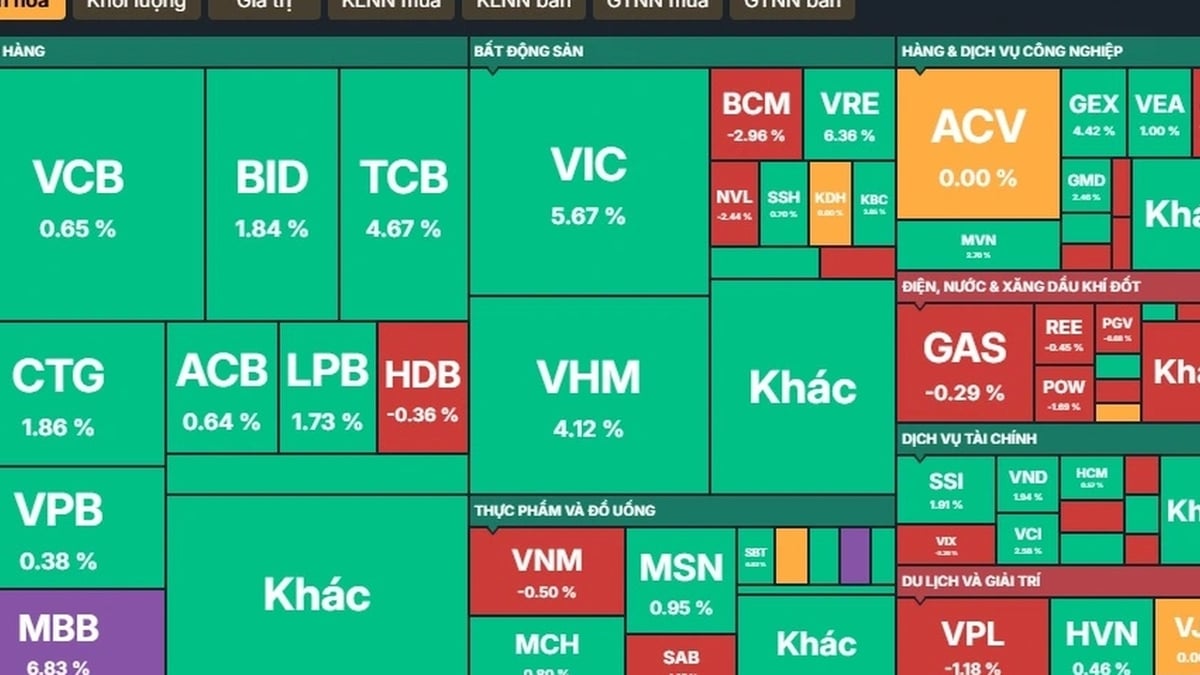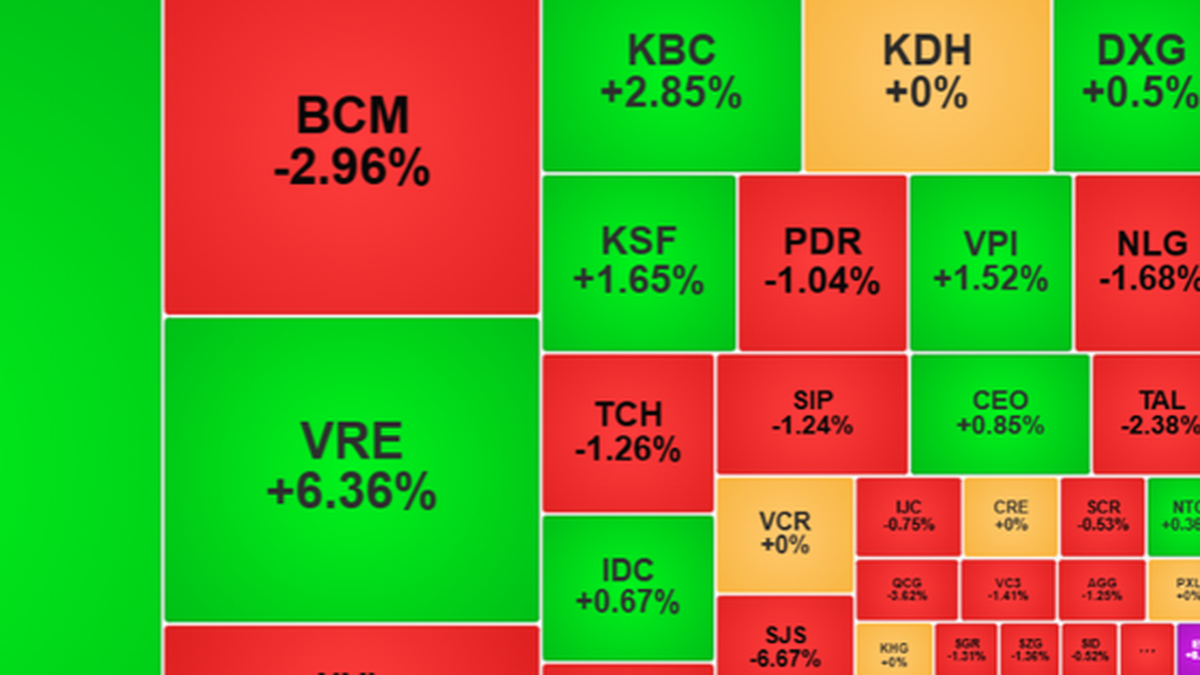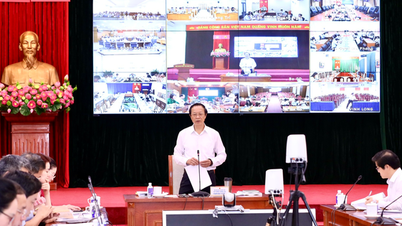Nowadays, some people who want to invest in real estate but with little capital often buy agricultural land plots to wait for conversion into residential land. Residential land is the colloquial name for residential land, including rural land and urban land. This type of land is used to build houses and build residential works.
Sharing with Dan Tri , lawyer Nguyen Thi Thu Hoai - Director of Hanoi Tax and Law LLC - under the Hanoi Bar Association - said she does not deny the potential value that agricultural land brings.
Our country's agricultural land resources are abundant, the buying and selling prices are cheap, suitable for individuals with little capital but want to invest. The profit potential of agricultural land is quite high due to its low price, but when successfully converted into residential land, the difference earned is many times the initial value.
However, investors need to clearly understand when the land use purpose can be changed to residential land. The 2013 Land Law stipulates the principle of land use must be in accordance with planning, plans and land use purposes. Therefore, all types of land that are not residential land cannot be used to build houses. If you want to build houses, you must first carry out procedures to change the land use purpose.
Converting land use purposes is not simply a matter of submitting an application, but also depends on the annual land use plan, detailed construction planning, etc. and is approved by the competent State agency. In other words, conversion is a process and depends on many objective and subjective factors. Therefore, legal risks are an existing issue.
Common risks
Firstly, people buy land that is difficult or not allowed to be converted to residential land. Currently, the State has a protection policy for land types such as specialized rice land, remaining rice land, upland rice land, protective forest land, protective forest land, special-use forest land, salt-making land, etc., which will not be able to be converted.
Second, those with little information will face the risk of buying land that is prohibited from trading according to Article 12 of the 2013 Land Law. The act of "using land, conducting transactions on land use rights without registering with the competent State agency; not performing or not fully performing financial obligations to the State" will be prohibited from trading.
The third case is the case of buying land that does not have the minimum area after the subdivision. The risk is that the land does not have a land use right certificate because the regulations on the minimum area for subdivision are different between provinces and cities across the country. If the area of land after subdivision is not enough according to the regulations, there will be many problems in applying for a land use right certificate.

Buying agricultural land often faces some risks related to land use conversion and transactions (Photo: Tran Khang).
Finally, buying disputed land, land without a certificate or buying and selling through handwritten documents, not notarized or authenticated, assets being seized or mortgaged, leading to illegal transactions, no certificate being issued, difficult to transfer.
3 ways to check land use conversion information
To avoid the above legal problems, the first important thing when deciding to invest in land is to carefully check the legal status of the land. Investors can contact professionals such as lawyers for advice or can do it themselves.
Currently, there are 3 ways for people to check for themselves whether land can be converted to residential land.
One is to check the information on the Land Use Rights Certificate (also known as the red book) which will show the planning information section marked with a dashed line next to the land plot information. Although this is a way to help land users save time and costs, there will be some limitations such as the information may be old, not updated or not all land use rights certificates record the planning information section.
The second way is to send a request to the land registration office to check the information related to the land plot. According to Circular No. 34/2014 of the Ministry of Natural Resources and Environment , people have the right to exploit the land information system provided by the State through a request form.
Third, information on land use planning can be checked directly at the headquarters of the People's Committee at the district or commune level or through the electronic information portal of the People's Committee at the district level.
Source


































































































Comment (0)